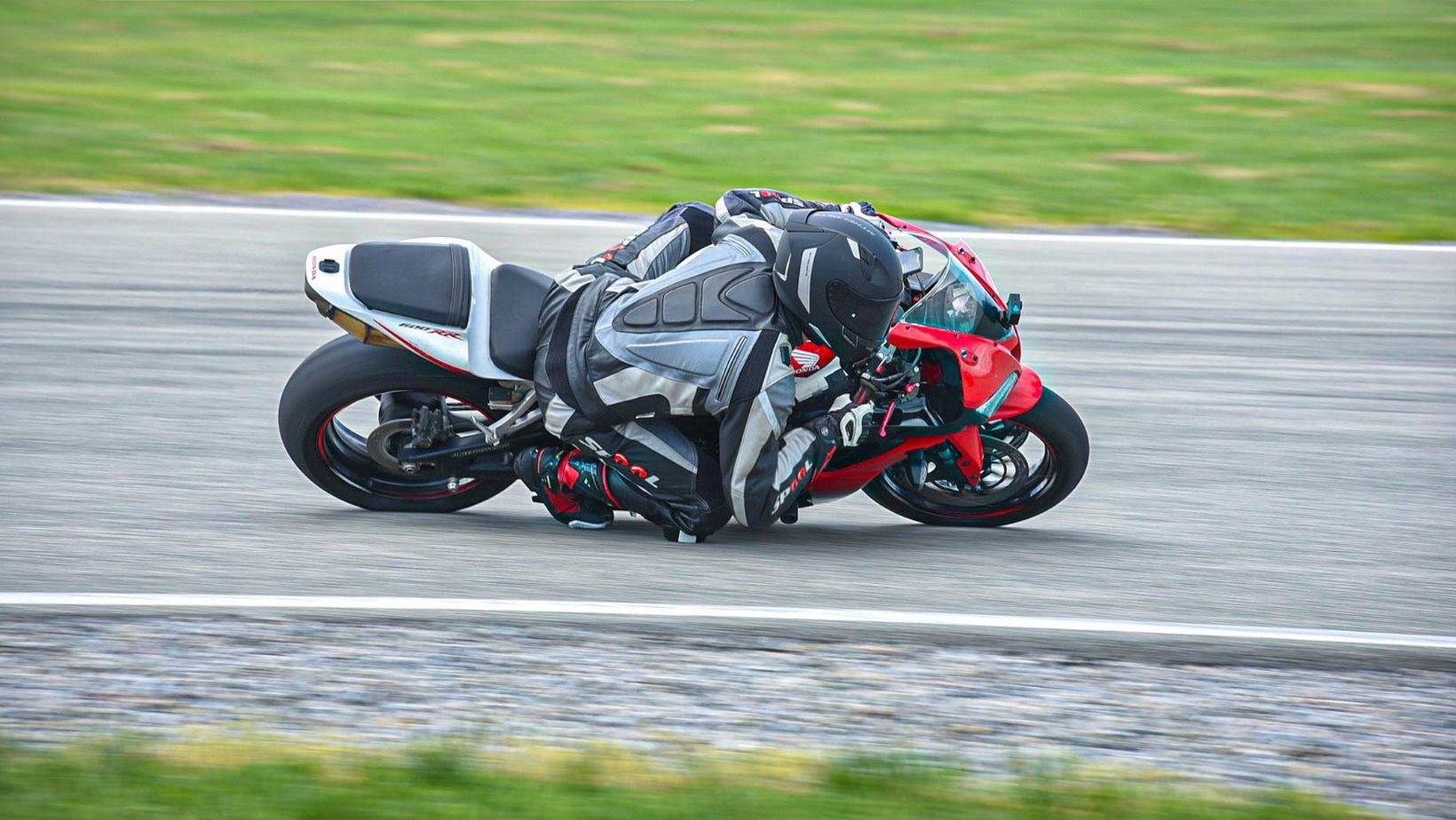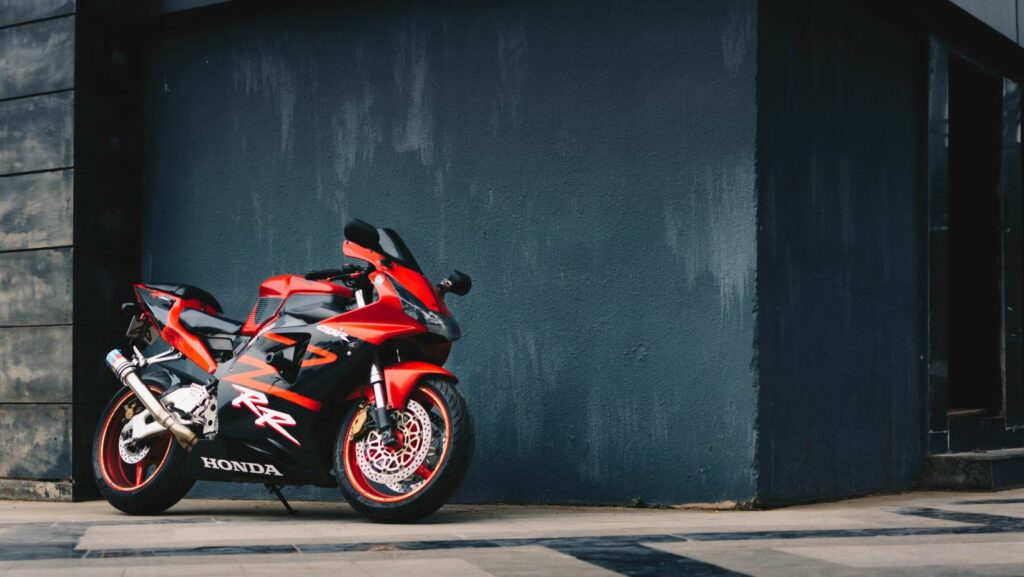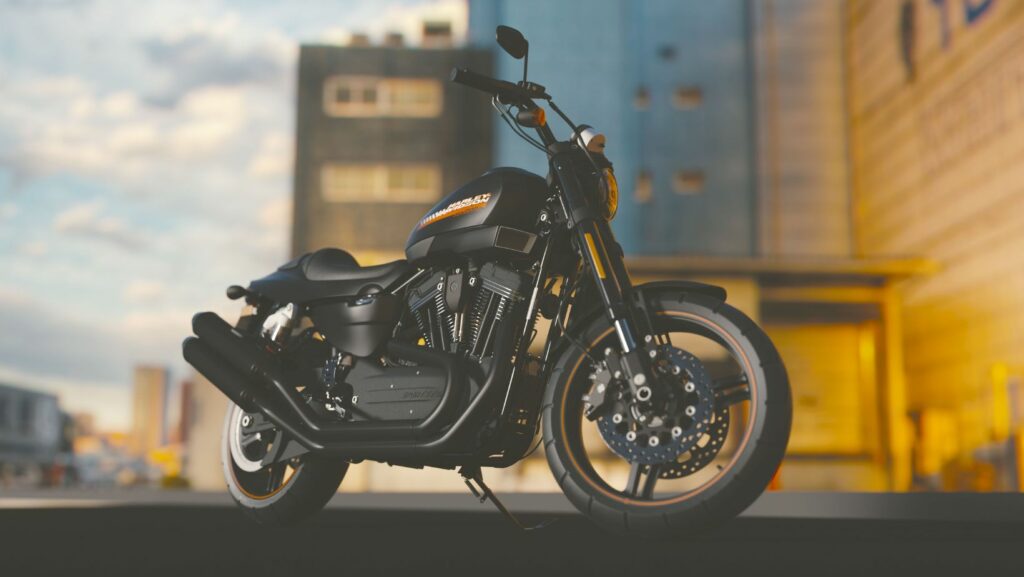
When it comes to the battle of Yamaha vs Honda motorcycles, enthusiasts are often left with a perplexing decision. Both brands have a strong reputation in the industry and offer a wide range of models to suit different riding preferences. As an expert in the field, I’ll dive into the key factors that can help you make an informed choice between these two iconic motorcycle manufacturers.
Yamaha has long been known for its performance-oriented machines that cater to adrenaline junkies and sportbike enthusiasts. With cutting-edge technology and sleek designs, their motorcycles deliver a thrilling riding experience on both urban streets and open highways. On the other hand, Honda is renowned for its reliability and versatility. Their bikes are built to withstand various terrains and weather conditions while providing exceptional fuel efficiency.
Performance Comparison
Engine Power
When comparing the performance of Yamaha and Honda motorcycles, one key aspect to consider is engine power. Both manufacturers have a reputation for producing powerful bikes, but there are some differences worth noting.
Yamaha motorcycles are known for their high-performance engines that deliver impressive acceleration and top speeds. Take, for example, the Yamaha YZF-R1, which boasts a mighty 998cc inline-four engine that produces jaw-dropping horsepower figures. This raw power translates into exhilarating rides and adrenaline-pumping experiences on the open road or racetrack.
Fuel Efficiency
Fuel efficiency is another crucial factor to consider when comparing Yamaha and Honda motorcycles. While performance may be at the forefront of many riders’ minds, fuel economy plays a significant role in long-term ownership costs as well as environmental impact.
Yamaha has made impressive strides in optimizing fuel efficiency across its motorcycle lineup. With advanced technologies like variable valve timing (VVT) and fuel injection systems, Yamaha bikes often achieve commendable mileage figures without compromising on power delivery. Models like the Yamaha MT-07 offer an excellent balance between performance and efficiency.
Handling and Control
In addition to raw power and fuel efficiency, handling capabilities and control are essential considerations when comparing Yamaha and Honda motorcycles.
Yamaha bikes typically offer a sporty and agile feel, with precise handling characteristics that inspire confidence in corners. The company’s dedication to developing advanced suspension systems, such as adjustable forks and rear shocks, ensures optimal stability and responsiveness. Whether you’re carving through twisty mountain roads or maneuvering through city traffic, Yamaha motorcycles consistently deliver a dynamic riding experience.

Yamaha vs Honda Motorcycle
When it comes to engine technology, both Yamaha and Honda have made significant advancements that contribute to their impressive motorcycles. Let’s take a closer look at what sets them apart in this crucial aspect.
- Performance-driven Engineering:
- Yamaha: With their high-revving engines, Yamaha motorcycles deliver exhilarating performance on the road or track. Their focus on optimizing power output ensures a thrilling riding experience.
- Honda: Known for their smooth and refined engines, Honda bikes offer exceptional reliability and efficiency. The company’s dedication to precision engineering results in consistent power delivery across various riding conditions.
- Innovative Features:
- Yamaha: Embracing cutting-edge technologies, Yamaha has introduced features like Variable Valve Actuation (VVA) which enhances low-end torque while maintaining high RPM performance. This innovation provides better throttle response and improved fuel efficiency.
- Honda: Renowned for their pioneering spirit, Honda has developed technologies such as Programmed Fuel Injection (PGM-FI). This system optimizes fuel delivery for better combustion, resulting in enhanced power delivery and reduced emissions.
- Research and Development:
- Yamaha: Through continuous research and development efforts, Yamaha has pushed the boundaries of engine design. Their engineers strive to create lighter components without compromising durability or performance.
- Honda: With an extensive history in motorcycle manufacturing, Honda’s R&D team is dedicated to refining engine technology year after year. Their commitment to innovation ensures that each new model boasts improved power-to-weight ratios.
- Durability and Longevity:
- Yamaha: Known for producing robust motorcycles, Yamaha places emphasis on designing engines with longevity in mind. Their engines undergo rigorous testing to ensure they can withstand demanding riding conditions.
- Honda: Building on their reputation for reliability, Honda engines are renowned for their durability even under intense use. By leveraging advanced materials and meticulous quality control processes, they create long-lasting powerplants.
In conclusion, both Yamaha and Honda have made remarkable advancements in engine technology. While Yamaha emphasizes performance and innovative features, Honda focuses on refined engineering and reliability. Whether you prefer the raw power of Yamaha or the smoothness of Honda, both manufacturers offer motorcycles that cater to a variety of riding preferences. Ride Quality and Handling



